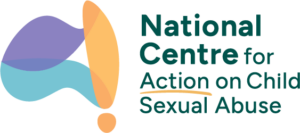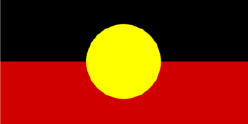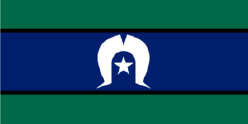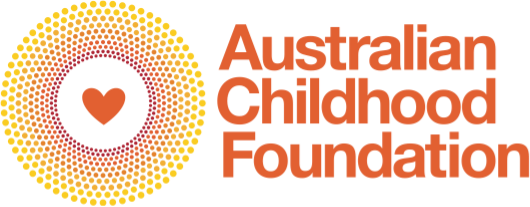How we speak about child sexual abuse matters. The words we use can either reinforce harmful myths or they can affirm a child’s inherent right to protection from child sexual abuse.
The Child Sexual Abuse Language Guide is the first of its kind in Australia. It reflects the perspectives of more than 100 victims and survivors of child sexual abuse, who identified terms that reduce harm and support recovery and those that should be avoided.
This guide is designed for anyone working in child protection, policy, practice, education, healthcare, research, justice or communications. It provides victim and survivor-informed language and definitions that are respectful, inclusive and trauma-informed.
By adopting terms and definitions preferred by victims and survivors of child sexual abuse, we can:
- Communicate with care, dignity and respect
- Reduce stigma and trauma for victims and survivors
- Build a more informed and effective collective response to child sexual abuse
This is a living document that will continue to evolve as language changes and as more voices contribute to its development.
We invite reflections on the Guide, its use, and what it raises for you as a victim survivor, professional, advocate or ally. Please complete our short feedback survey so we can gather feedback and continue to review the guide.









